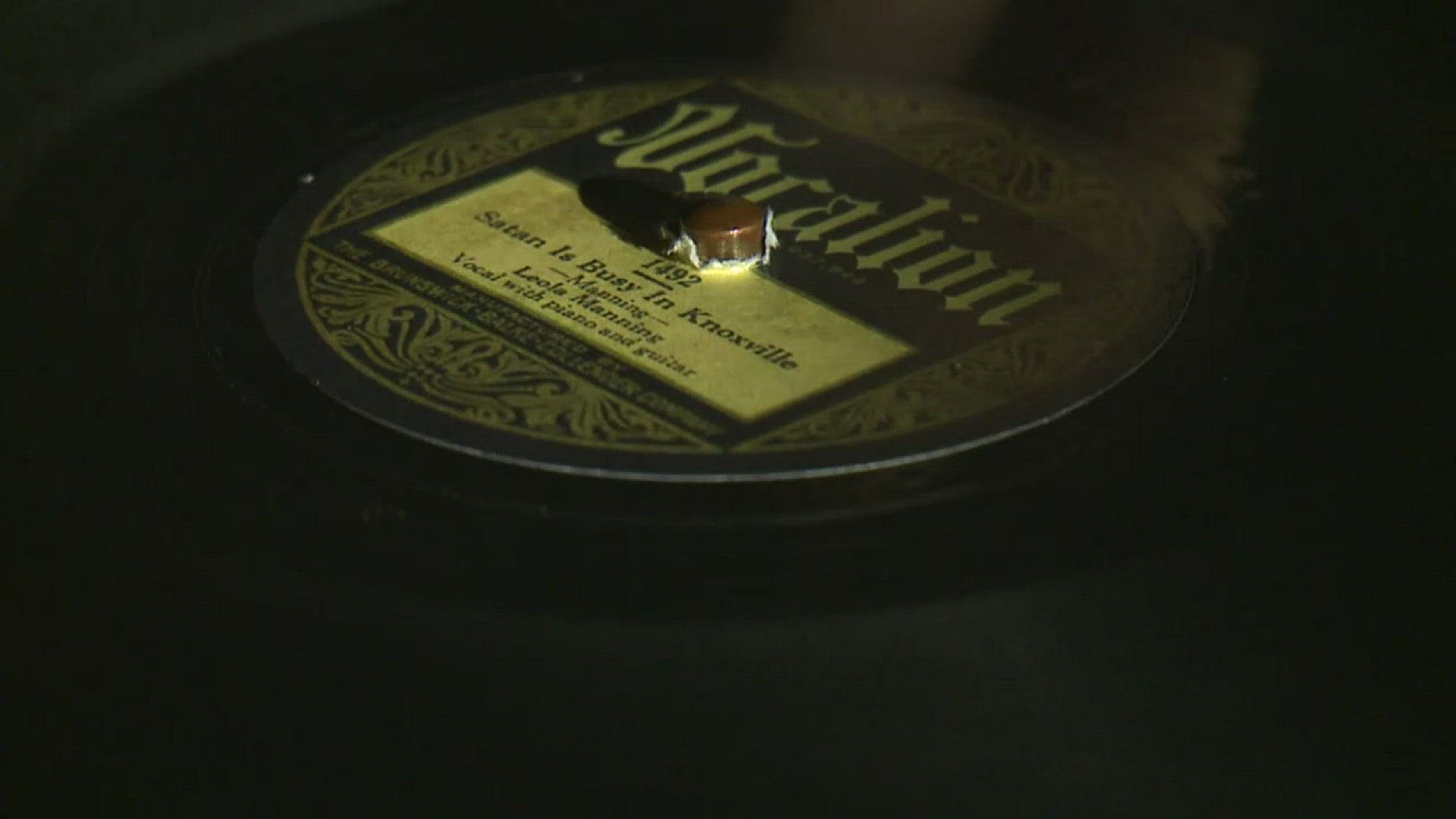(May 5, 2016) Be careful using the old cliche "records are made to be broken" in the company of Bradley Reeves. The co-founder of the Tennessee Archive of Moving Image and Sound (TAMIS) has devoted more than a decade to preserving some of the rarest music recordings in Knoxville's history.
"The Knoxville Sessions of 1929 and 1930 had definitely fallen through the cracks," said Reeves. "All of these beautiful recordings were made at the St. James Hotel and almost nobody had ever heard of them. I cannot tell you how great it is to celebrate these lost recordings."
The St. James Sessions are not exactly breaking news anymore. Reeves was able to obtain copies of more than 60 songs in 2003 and was featured on WBIR's The Heartland Series in 2005.
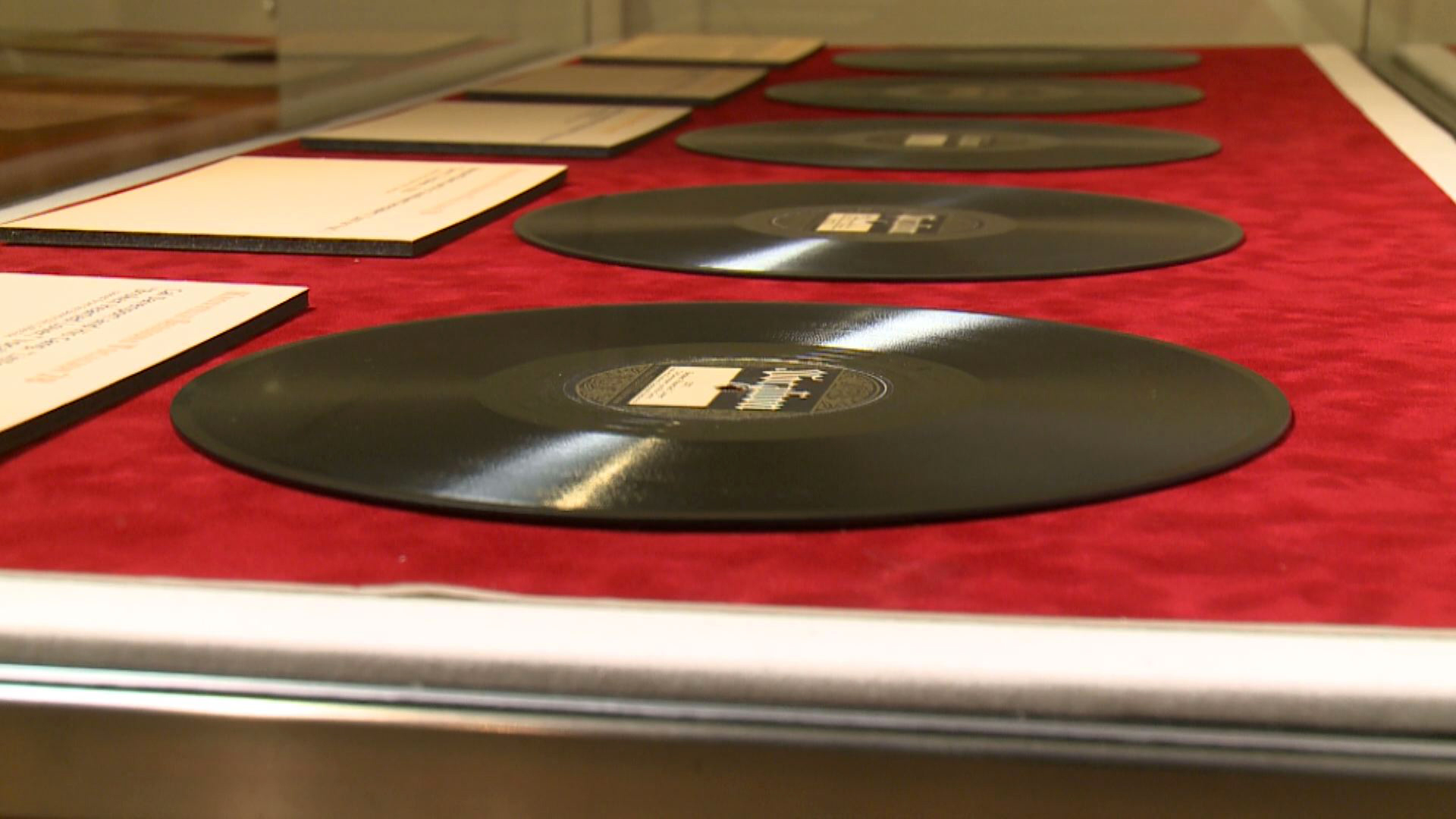
However, that initial discovery was only the beginning of an even larger project to completely document the sessions, locate additional recordings, and learn about all of the artists who participated. More than a dozen years of work pays off this weekend with the release of the brand new Knoxville Sessions box set that contains more than 100 re-mastered tracks and a history book filled with rare photographs.
The box set's release coincides with the Knoxville Stomp festival of lost music featuring dozens of performances and events to honor Knoxville's music history. These events were also planned to accompany the many artifacts on display at the "Come To Make Records" exhibit in the East Tennessee History Center.
"I cannot tell you how exciting it is. I am so proud of this museum exhibit, the festival, the box set, and everyone who worked so hard to make all of this happen. There are so many people involved," said Reeves. "It really has been a remarkable journey that started, for me, with a visit to a record collector by the name of Joe Bussard."
BUSSARD BEGINNINGS
Reeves was living in Washington D.C. in 2003. As an avid music fan and professional archivist, he enthusiastically made a trip to Maryland to meet one of the nation's premier collectors of old 78-rpm records.
"Joe Bussard has spent his whole life traveling the highways and byways looking for the old 78 records from the 1920s and 1930s. His collection is absolutely astounding. Just on a whim, I said, 'You got anything recorded in Knoxville, Tennessee?' He went right over to his shelf and pulled out a Ridgel's Fountain Citians 78. It blew my mind," said Reeves. "Here's this classic record made for a major record label in my own hometown and I had never heard of it. I couldn't believe it."
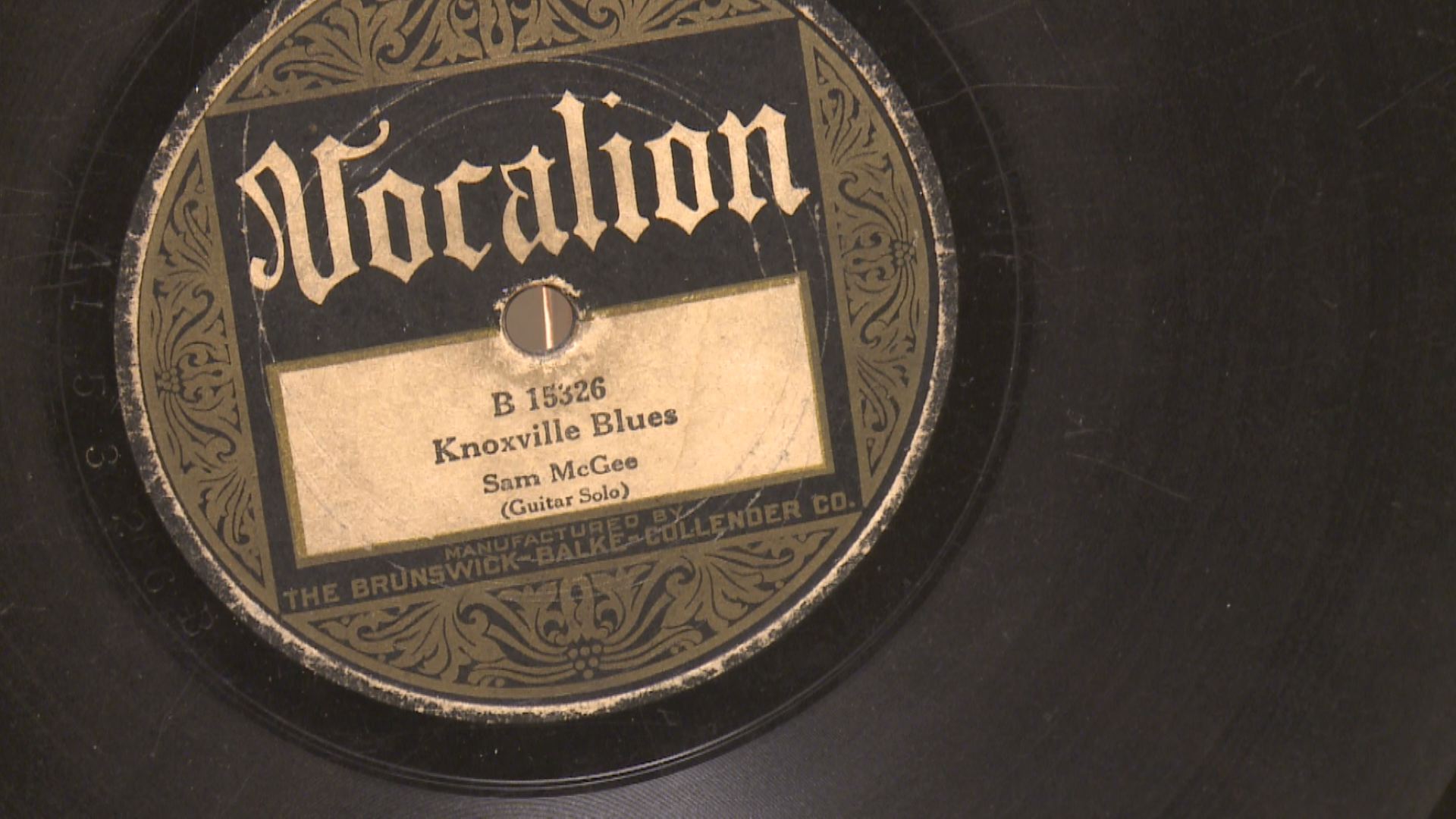
Bussard made copies of more than 60 tracks to a cassette tape for Reeves, who struck the mother-lode for Knoxville's music history. The excitement quickly turned to a desire for more research.
"We were able to get the session notes, see everyone who performed and made recordings, which ones were released or not, and go from there," said Reeves.
ST. JAMES SESSIONS
The recordings were made by Brunswick-Vocalion, one of the largest national record labels in the late 1920s. The company came to Knoxville in 1929 and set up shop in the St. James Hotel, which housed the studios for WNOX radio.
"There's this whole connection between the owner at Sterchi Furniture, the St. James Hotel, WNOX, and the records being made here. Sterchi used to sell Brunswick records back then and had a great record store, so everything is tied together. It made sense for Brunswick to come here and then set up in the St. James Hotel, which was located where the TVA towers are now at the end of Market Square," said Reeves.
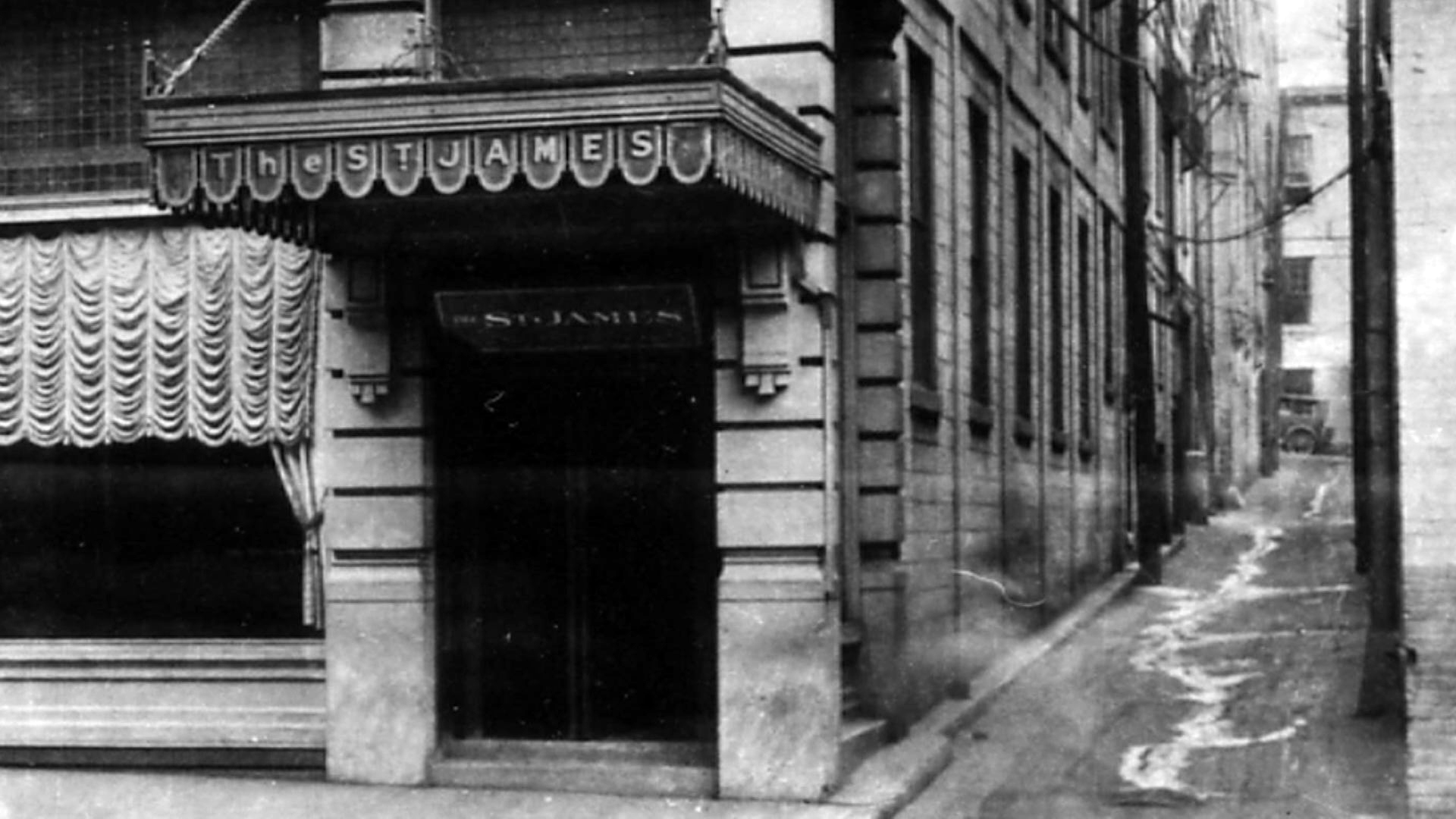
Brunswick's field recording sessions mined the rich musical culture found in both an urban city and the Smoky Mountains. The label invited anyone with talent to try-out for the chance to make a record.
Unlike previous field sessions by other record labels in Bristol that focused primarily on "hillbilly music," the St. James Sessions tapped into a well-rounded sound.
"There's much greater variety, much more diverse, and that comes across in the recordings," said Reeves. "There's everything from gospel, blues, jazz, old-time, and humor. These recording sessions are a true reflection of this city at the time and it is remarkable."
Some of the most diverse musicians in the city were within earshot of the St. James Hotel. Many entertainers were at Market Square while another popular hangout was only a block north of the hotel.
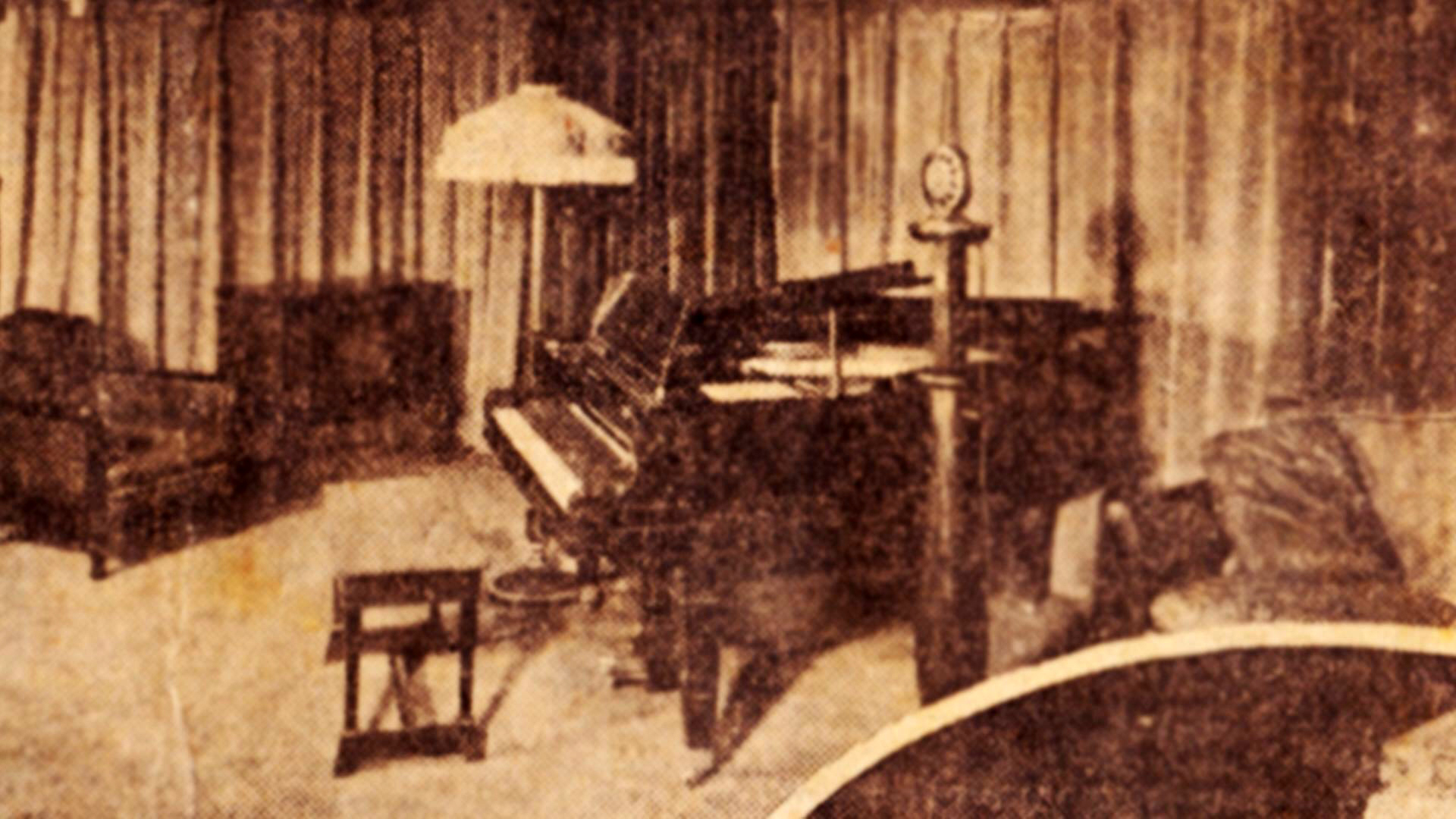
"Down on Vine Avenue is where a lot of the African American string bands and jazz musicians would hang out. That includes Howard 'Louie Bluie' Armstrong, who made a recording with his brothers in their band the Tennessee Chocolate Drops. That's just great string band music," said Reeves.
In the 1985 documentary film Louie Bluie, Armstrong is approached by a local 78-rpm collector Ron Wood with a copy of the record. Armstrong relayed exactly how out-of-sight his recording was.
"We never did even get to see the record. The guy who bought us a hamburger, he flew the coop. He did the Houdini," said Armstrong.
Armstrong autographed the album sleeve using exquisite calligraphy. The sleeve has been loaned to the exhibit at the East Tennessee History Center.
"These recordings were so obscure. Many of these records have been unavailable since 1930," said Reeves.
DEPRESSION HITS SESSIONS
As for why the recordings remained so reclusive for the better part of a century, the answer is timing. The performances were recorded in the early days of the Great Depression and the economy was about to get much worse. Only some of the recordings were released and only in small numbers.
"Some of these recordings may have only had 500 pressings, which is really small for a major record label," said Reeves.
For the records that were made, the survival rate was slim-to-none because the 78-rpm is not a medium that was built to last.
"The old shellacked 78s, those things break if you look at them wrong. If you touch them the wrong way, they can snap just like that. Then the old Victrola that played these records tended to have railroad spikes for needles. They would dig into the grooves and basically wear the records out and just ruin them. Over time, the copies got thrown away. We just never got a chance to hear these recordings for a very long time," said Reeves.
RELATIVE RESEARCH
The task of finding any remaining records was somewhat daunting when you consider all of the artists are dead. Fortunately, Reeves and others were able to compile a list of exactly who participated in the sessions.
"We found children, grandchildren, and great-grandchildren. We started knocking on doors and making calls. Almost every one of these people invited us into their homes to comb through the old family archives," said Reeves. "Many of these records, there was only one copy. They were found in a variety of places, including Australia."
Over the years, the catalog of rediscovered music grew to more than 100 tracks.
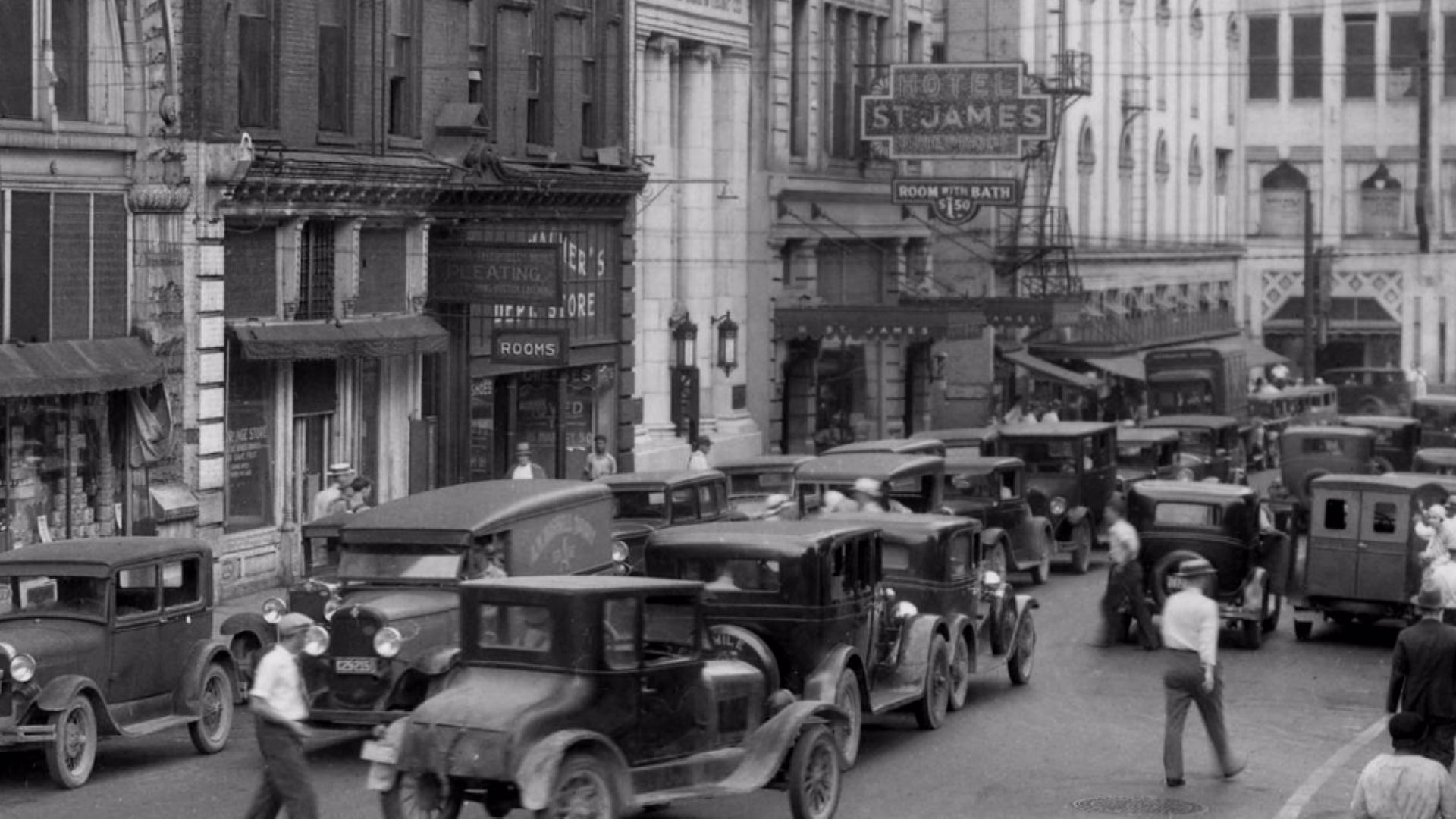
"I thought I had heard everything. Then we kept finding recordings I had never heard, that even Joe Bussard did not have, and I was amazed."
For those artists whose performances were not made into records, the researchers were able to at least document some of their history.
"There were a lot of people we had no information on going into this. They were mysterious. They were mystery artists," said Reeves. "Odessa Cansler comes to mind. She recorded a song called 'Killing your man blues,' which sounds like it could be fantastic. But we will never know because, for whatever reason, it was never released. We were able to find a picture of Cansler with her friend, Leola Manning, who recorded six wonderful tracks."
FOUND AND FOUND AGAIN
Leola Manning's recordings were among the first batch of tunes that resurfaced from Bussard's collection. Manning belted out songs such as "Satan Is Busy In Knoxville," "Arcade Building Moan," and "The Blues Is All Wrong." She later devoted her singing exclusively to gospel music.
Reeves says the digital re-mastering of recordings such as Manning's amounted to finding them all over again.
"The original dubs were from the old 78s and were made to tape, so they sounded pretty raw. Hearing the new versions, the digitized versions, is quite amazing. You can hear the harmonies, all the instruments, and everything much better," said Reeves.
Reeves says he appreciates all of the music for its historical value. However, some of the recordings strike a chord with his personal tastes in music.
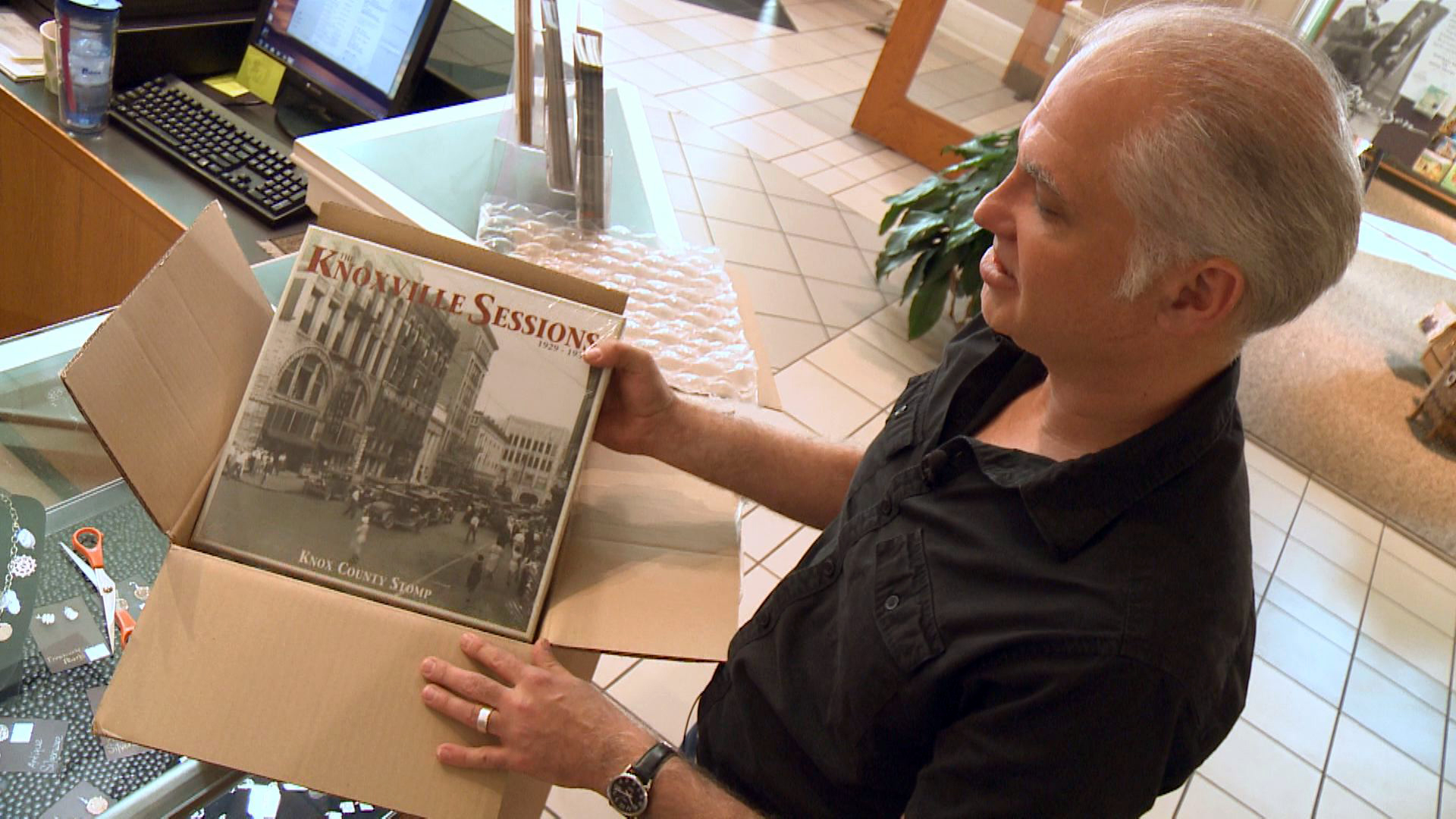
"I really love jazz and blues. One of my favorites is Maynard Baird's song 'Postage Stomp.' It is a really hot and swingy little number recorded in 1930," said Reeves. "I also really like 'The Blues Is All Wrong' by Leola Manning. Then there's Will Bennett's 'Railroad Bill,' which was the first version of that song recorded by an African-American. That is some really good blues."
Reeves says he also enjoys the "haunting, soulful, and rhythmic" performances by The Senior Chapel Quartet, and African-American group that sang gospel tunes such as "That Old Lonesome Road."
"I also really like The Tennessee Ramblers. It's just pure humor and great music," said Reeves.
Most of all, Reeves enjoys the ability to share the restored music with the public at the Knoxville Stomp festival, the museum exhibit, and the box set produced by Bear Family Records.
The comprehensive work permanently preserves Knoxville's historical record as a melting pot of American melodies.
"I think it's going to go down in history as something that really documents what happened. And this is great proof that Knoxville had an important role in music history," said Reeves.
BOXED SET
Reporter's Note: Many viewers have contacted us asking where to purchase the boxed set. In Knoxville, the official vendor is Raven Records And Rarities at 1200 N. Central Street.
The box set was manufactured by Bear Family Records in Germany, a company renowned and nominated for multiple Grammy Awards for its work on historic recordings. The box set is available through the company's website, but be sure to click the "USD" at the top-right of the page to get prices in U.S. dollars.

